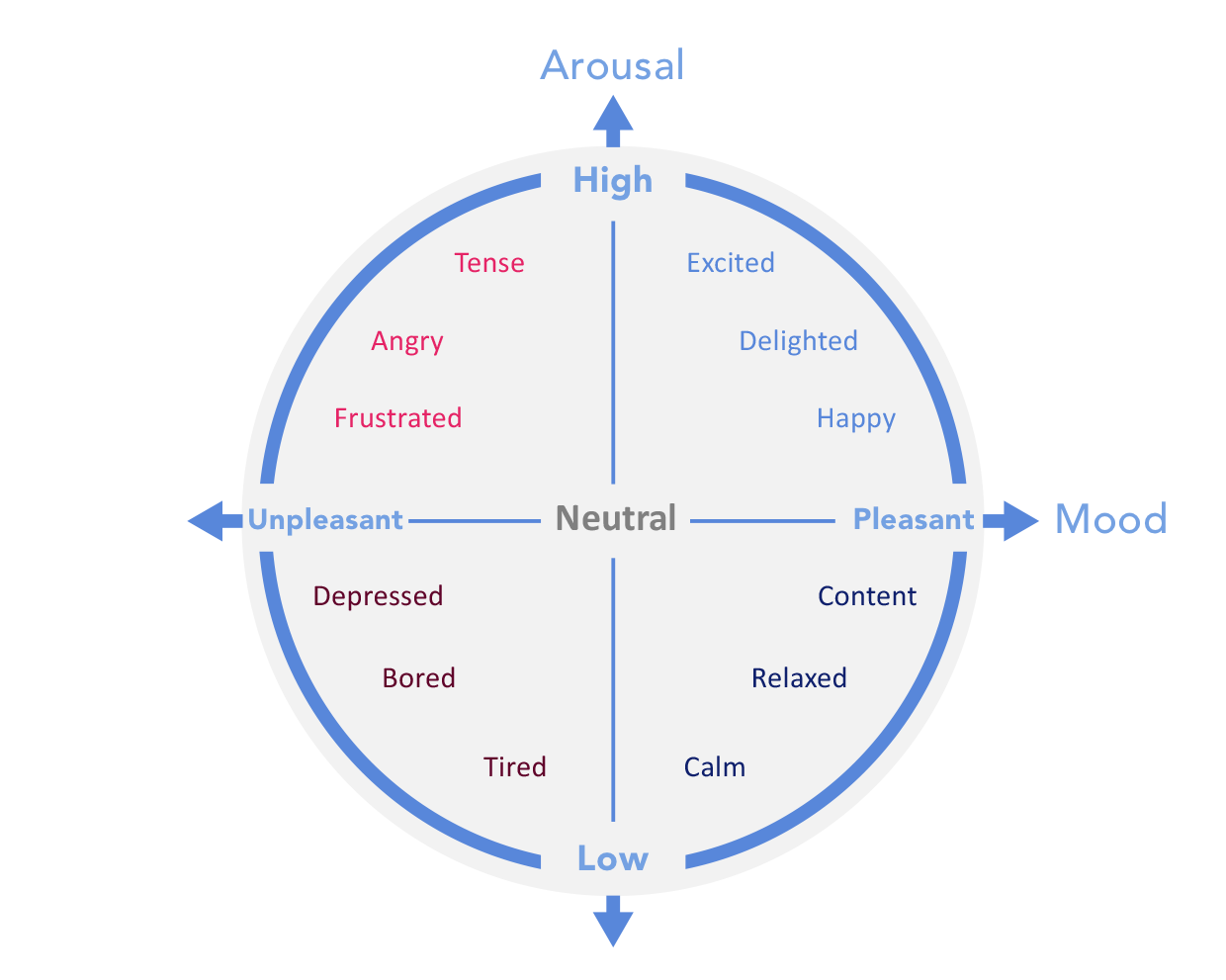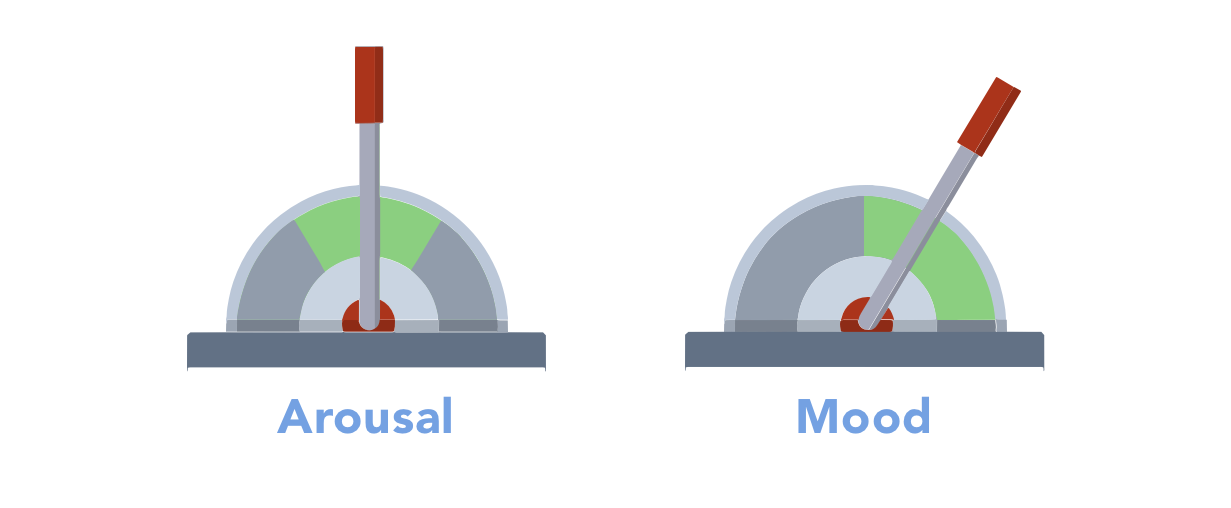Why learn about using music for productivity?
Why I'm writing a series about music for productivity and why should anyone care?

Note: This article is the intro to a multi-part series on music for productivity.
Intro (you are here) || Part 1 || Part 2 || Part 3
In the last decade, the role of music in our lives has grown dramatically. When someone asks me what music I listen to, it’s hard to give just one answer anymore.
I have all kinds of playlists for different parts of my life. I like hip-hop to get me pumped up for a workout, I like lo-fi when I'm working, I like light jazz in the background when I'm eating dinner with family, I like R&B for getting in touch with my emotional side, and the list goes on.
The common thread across all these contexts is that I use music to help regulate how I'm feeling. It nudges my mental state to something more appropriate for the occasion. Whether I'm in a bad mood or a good mood, tired or energetic, emotional or logical, music helps me adapt to the situation. I think about what state I want to be in and find the right music to get me there. It's kind of like having a superpower.
But how do you find the right music? Over years of trial and error, I think that I have a pretty good intuition for what type of music works in most situations. There is one exception, though - when I’m trying to be productive.
It’s really hit or miss. There are days when it’s the perfect focus playlist and I can work for hours on end. But then the same playlist is inexplicably irritating and distracting the next day when I’m working on a slightly different task. What gives?
I was sure that many people felt the same, so I did a quick internet search only to find half-researched, pop-psychology articles that all contradicted each other. There was no simple, practical guide that explained how to choose the right music for reliably getting into the zone.
It's a shame because music is a powerful way to regulate your mental state. Even elite athletes regularly use music for getting themselves primed for peak physical performance. Surely, we can use the same principles for peak mental performance.
This is what led me to write this series in the first place. There is plenty of scientific research on music and cognitive performance, but so far, nobody has made it accessible and actionable for someone with no scientific background.
Let's change that.
To give a sneak peak, the first step is to have a better awareness of what mental state you're in and where you want to be. But where do you even begin? Aren’t there an infinite number of mental states you could be in?
Since we’re thinking about music, we can actually narrow it down to two dimensions:
- Mood refers to the quality of the feelings or emotions; it can be pleasant (e.g. contentment, excitement, calmness) or unpleasant (e.g. frustration, boredom, anxiety).
- Arousal relates to the intensity of the emotional response or your overall physiological activation (e.g. alertness, vigor, wakefulness).

Once you begin to recognize where you are on those two dimensions, you can start to understand where you want to be. Generally speaking, the optimal state for cognitive performance is moderate arousal and pleasant mood.
Another way to visualize this is to imagine music turning the mood and arousal levers in your brain. The green zones in the image below are where we want to be.

From there, the neuroscience of music can help you pick out the perfect playlist for getting to the optimal state. It turns out that there are specific properties of music that impact each one of these two dimensions.
In the next part of this series, I dive into the science behind three questions:
- Why does music help you concentrate?
- What makes good background music?
- How can music sometimes be distracting?
The goal is to make it as simple and actionable as possible for people to make more informed choices about the music they listen to while working.
This article is the intro to a multi-part series on music for productivity:
- Intro: (you are here)
- Part 1: Why does music help you concentrate? What makes good background music? How can music be distracting?
- Part 2: What is adaptive music and how does it work? How does the music adapt to you? Are there adaptive music apps to help you focus?
- Part 3: What is the deal with YouTube videos claiming to give you ‘super intelligence’ and apps promising to get you into a flow state?
Friday Brainstorm Newsletter
For more, join 300+ curious people subscribed to the Friday Brainstorm newsletter. It’s one email a month with the most interesting ideas I've found related to science and health.